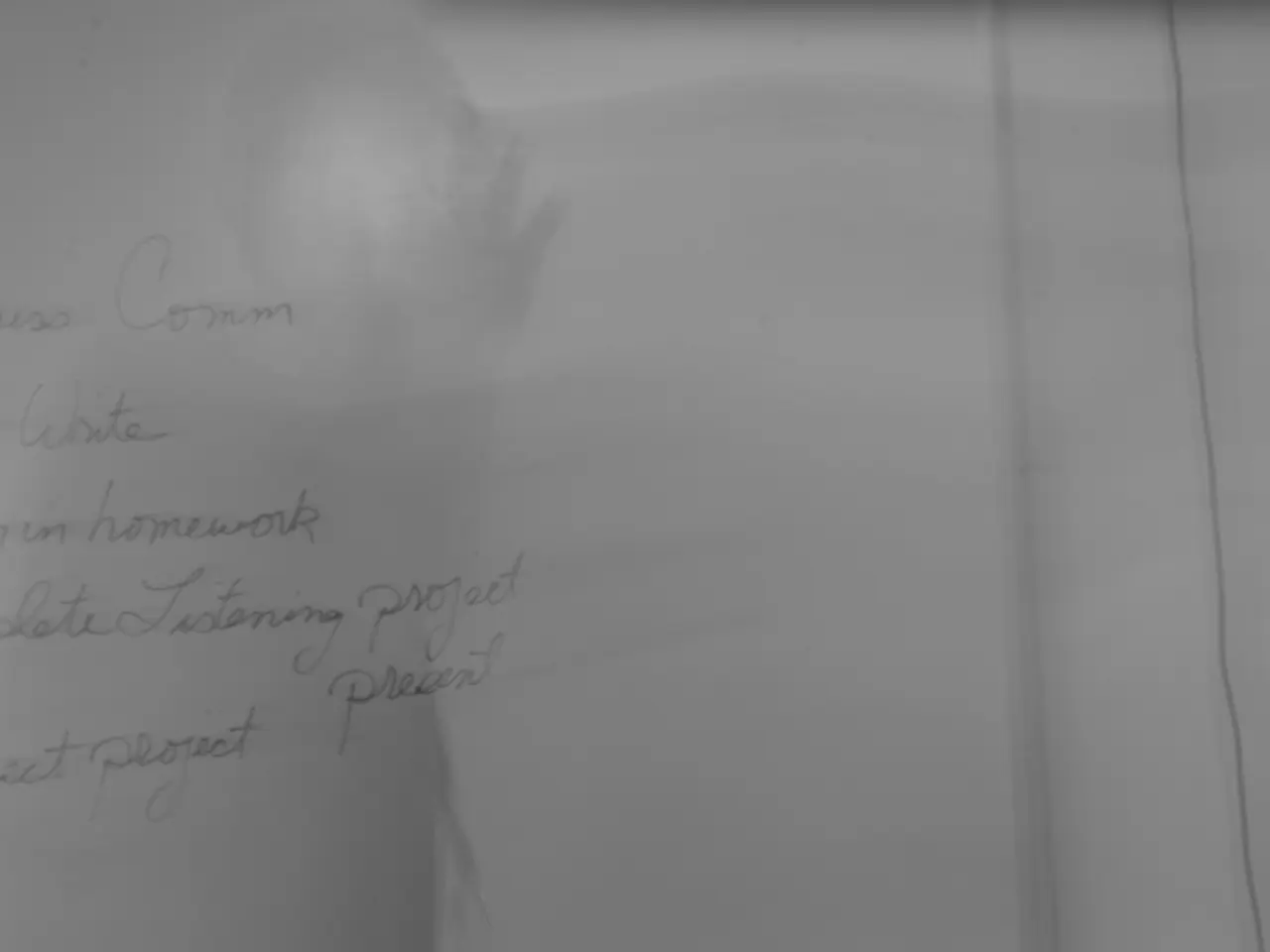Ringing the Alarm: BDI Urges Action as Resource Shortages Loom on the Horizon
Economic Ministry Warned by BDI over Potential Raw Material Scarcity
Facebook Twitter Whatsapp E-Mail Print Copy Link In the face of escalating resource scarcity, the Federation of German Industries (BDI) sounds an urgent warning. The BDI has sent a plea to German Federal Minister of Economics, Katherina Reiche (CDU), which Reuters uncovered on Friday, with Handelsblatt being the first to break the news.**
The BDI's letter presents a set of proposals to combat Chinese export limitations on rare earth elements (REEs). Among its recommendations is the simplification of licensing procedures for exports to the EU, where a license should extend to multiple supply agreements. Also, the end-user declaration should refrain from disclosing sensitive corporate data. "Swift decision-making is crucial for the German industry," the letter notes. "Licensing procedures should not serve as political leverage." The BDI further advocates for the creation of a strategic reserve of REEs and magnets, as well as the prompt usage of the existing raw materials fund. According to the BDI, this fund should become permanent and its volume increased.
REEs are valuable resources that are coveted by automakers, defense contractors, and manufacturers of renewable energy. In response to the high tariffs imposed by US President Donald Trump on major trading partners, China has tightened its export controls. The EU is likewise affected, as it tackles cheap electric cars from China.
Background on Chinese Export Restrictions
- Beginning April 4, 2025, China has imposed restrictive export requirements, mandating special licenses for seven critical REEs and related magnets. China, the world's dominant supplier, controls approximately 60% of global REE production and 90% of refining capacity, rendering the EU heavily dependent on these crucial supplies[1].
- This stranglehold on the supply chain has already triggered disturbances in European auto suppliers and other manufacturers. The EU has since been compelled to initiate emergency diplomatic discussions with China on this matter[1].
BDI's Recommended Measures and Stance
- The BDI backs the European Union implementing robust trade defense measures, ensuring fair and reciprocal trading conditions with China. It remains open to supporting protective instruments if required conditions are met[2].
- It advocates for rapid diversification of supply chains, aiming to minimize strategic reliance on Chinese dominance. This stance aligns with the broader German government strategy under Chancellor Friedrich Merz, emphasizing "de-risking without decoupling" from China while maintaining economic ties[2].
- BDI advises expediting the development and support of alternative REE sourcing and refining within Europe or from allied nations, promoting resilient and stable supply chains for crucial raw materials.
- It encourages stronger EU-level trade defense actions, such as anti-subsidy investigations and potential tariffs or safeguard measures on Chinese imports where unfair practices or export restrictions significantly impact European industries[2].
The Implications for EU Industry
- The restrictions pose a threat to the supply of REEs essential for electric vehicle motors, braking systems, aerospace components, and advanced electronics, key pillars of the EU industrial sector[1].
- Supply uncertainties serve to escalate costs and production risks for European manufacturers, endangering the competitiveness of strategic sectors like the automotive industry, which heavily depends on these materials for electrification and cutting-edge technologies[1].
- The BDI's proposals aim to protect these industries by bolstering supply chain resilience, securing fair trading conditions, and spearheading both immediate trade defense actions and long-term strategic policies to decrease dependency on China.
In summary, the BDI urges a comprehensive response: advocacy for EU trade defense measures against Chinese restrictions, support for diversification of REE sources, and alignment with the German government's balanced but assertive stance on dealing with economic ties with China to shield EU industrial interests[1][2].
- The BDI's urgent appeal to Katherina Reiche, the German Federal Minister of Economics, calls for changes in community policy regarding the simplification of licensing procedures for exports to the EU, particularly in the context of the employment policy within the industry, aiming to combat Chinese export limitations on rare earth elements (REEs).
- In response to the escalating resource scarcity, the BDI proposes the implementation of finance policies such as the creation of a strategic reserve of REEs and magnets, the prompt usage of the existing raw materials fund, and making it permanent with increased volume, all aimed at protecting and strengthening European businesses, particularly those in the automotive industry.




